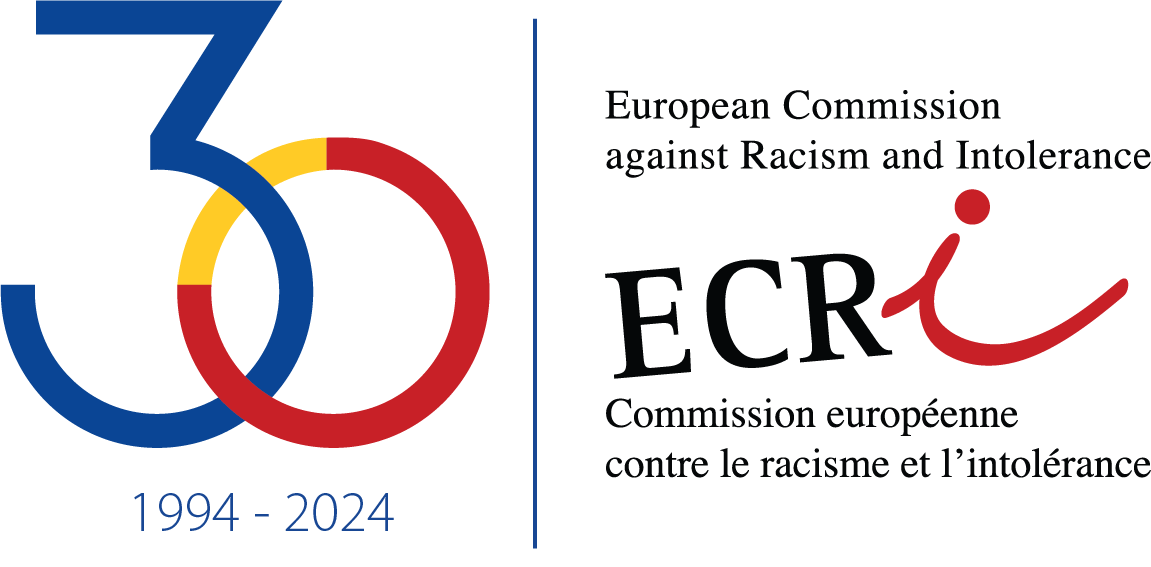The Bureau of the European Commission against Racism and Intolerance (ECRI) held an exceptional meeting on 19 May, through videoconferencing. On that occasion, it had an in-depth discussion on the impact of the Covid-19 pandemic and related government action on various groups of concern to ECRI. It also held exchanges of views on this matter with Michael O’Flaherty, Director of the EU Fundamental Rights Agency (FRA) and Eamon Gilmore, EU Special Representative for Human Rights. ECRI’s Bureau and its EU partners also discussed LGBTI issues, antisemitism, anti-Muslim hatred and ways of better communicating the human rights/equality message.
During their respective exchange of views, Mr O’Flaherty and Mr Gilmore spoke highly of ECRI’s monitoring work and emphasised how relevant it is in the present circumstances. They both agreed on working to develop new synergies with ECRI, in a spirit of complementarity.
In conclusion of its meeting, the Bureau agreed to make the following statement:
“ECRI’s Bureau is alarmed by reports about ongoing difficulties experienced by groups of concern to ECRI, in particular Roma and migrants, in accessing basic health care, food and clean water, and in obtaining accommodation enabling them to respect physical distancing rules, as well as about increased exposure of these groups to hate speech and violence in these times of crisis. As demonstrated in many ECRI country reports in recent years, these groups already experience poverty, marginalisation and exclusion whilst often experiencing intersectional discrimination as well. These hardships are deepening with the Covid-19 pandemic and the exclusion of the most vulnerable people will further intensify if governments do not take action to meet their specific needs and counter anti-Roma and anti-migrant hate speech and violence as a matter of urgency. In this connection, the more restrictions that are imposed on vulnerable people on public health grounds, the more adequate safeguards should be put in place to ensure that such measures do not result in discrimination and thereby breaches of the European Convention on Human Rights. Wherever quarantine measures and other restrictions are implemented, it is the duty of governments to ensure that they are lawful, strictly necessary, proportionate and non-discriminatory and that all the members of the communities that are subjected to quarantine have access to the necessary services.
The Bureau also considers that the current crisis is a litmus test for Council of Europe member States to protect the human rights of LGBTI persons, both in public and at home, both online and offline. The recent survey on LGBTI persons published by the EU Fundamental Rights Agency in mid-May 2020 is a clear reminder that governments need to be more proactive in preventing and combating LGBTI-phobia and ensuring LGBTI equality.
In this context, the Bureau calls on Council of Europe member States to take due account of ECRI’s general policy recommendations and to consult and cooperate with equality bodies and civil society organisations active in combating racism and intolerance when developing, implementing and evaluating their responses to the Covid-19 pandemic. Public policies designed to address the current challenges posed by the pandemic and all its future economic consequences should not be based solely on public health and economic considerations but should rely on strong human rights considerations as well. For this purpose, it is crucial that (post-)Covid-19 task forces or advisory boards set up by governments include specialists in human rights, particularly the fields of equality and non-discrimination.
ECRI and its Bureau will continue to monitor very closely the situation of the various groups of concern to ECRI in the months to come, including within the framework of its country monitoring.”
Michael O’Flaherty, Director of FRA
Eamon Gilmore, EU Special Representative for Human Rights




